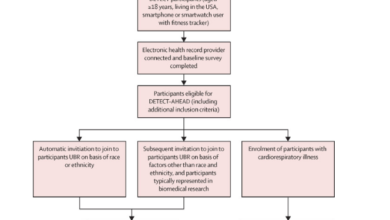Bumblebees Can’t Detect Lethal Pesticides! The University of Oxford Alarming Findings Expose Bees to DANGER – Threatening Crop Pollination!”

Recent research from the University of Oxford indicates that bumblebees lack the ability to detect pesticides in nectar, even when present in lethal concentrations. This deficiency in taste perception leaves bumblebees vulnerable to pesticide exposure, posing a significant threat to their role in crop pollination.
READ: Malaria Devastating Resurgence in the U.S. and the Race Against Time with Affordable New Vaccine!
While bees are essential pollinators for agricultural crops, their foraging activities expose them to potentially harmful pesticides. Some of these pesticides are highly toxic to bees. Typically, bees demonstrate a keen ability to discern different sugary solutions, with certain toxic compounds registering as “bitter” to them. The study aimed to investigate whether this taste sensitivity could enable bees to avoid consuming pesticides.
Oxford
Researchers utilized two methods to assess whether bumblebees (Bombus terrestris) could detect neonicotinoid and sulfoximine pesticides in nectar, simulating the conditions of oilseed rape (Brassica napus). Electrophysiology was employed to record responses from neurons in the taste sensilla, or ‘tastebuds,’ on the bumblebees’ mouthparts. This method allowed the researchers to monitor the frequency of neuron firing, indicating the strength of the taste response. Additionally, behavioral experiments involved offering bees sugar solutions or sugar solutions laced with pesticides to observe their feeding preferences.
The results revealed consistent neuron responses whether the bees consumed a sugar solution or one containing pesticides. This suggests that bumblebees lack mechanisms to detect and avoid common pesticides in nectar. Oxford In behavioral experiments, the bees consumed similar amounts of food regardless of pesticide presence, even at concentrations that would typically make them unwell.
These findings are significant as they highlight that bumblebees cannot rely on their sense of taste to avoid pesticide exposure. Dr. Rachel Parkinson, the lead author from the Department of Biology at the University of Oxford, emphasized the potential implications for pesticide use on outdoor crops. The risk posed to bees, unable to avoid consuming pesticide-contaminated nectar, underscores the importance of exploring non-toxic compounds that taste unpleasant to bees. Such compounds could serve as ‘bee deterrents’ on pesticide-treated crops not requiring insect pollination.
While the Oxford study demonstrated that bees did not reduce consumption of pesticide-laced solutions, it did establish that bees exhibit “bitter” taste avoidance with the compound quinine. At high concentrations, quinine in sugar solution acted as a deterrent to bees. At lower concentrations, bees ingested less sugar solution, although the duration of contact with the feeding solution remained consistent. The pesticides examined in the study included neonicotinoids such as imidacloprid, thiamethoxam, clothianidin, and the sulfoximine pesticide sulfoxaflor.




